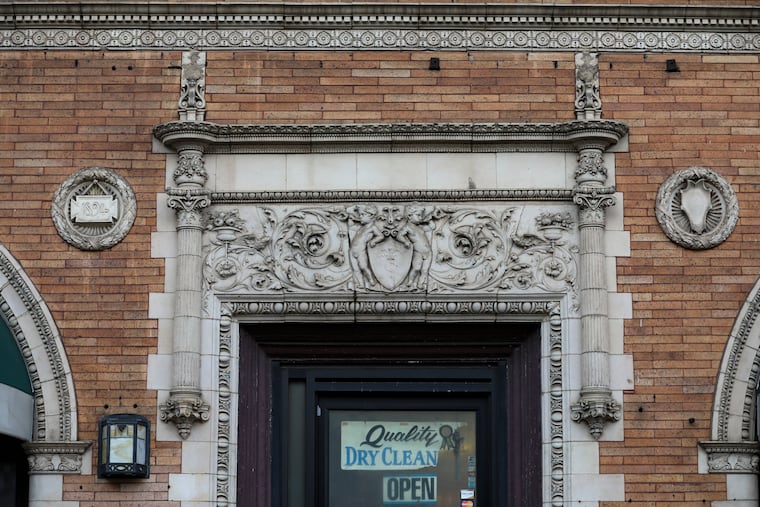Philadelphia has one of America’s richest histories. Why aren’t we doing more to protect it? | Opinion
The Historical Commission needs more staff to shore up the city’s architectural legacy.

Philadelphia is one of the most historic cities in the nation. All over town, old buildings have been converted to new uses: schools into apartments, parking garages into schools, and office buildings into hotels. We even have a new apartment building, The Tidewater, fashioned from a long vacant 1925 Reading Railroad grain elevator near the Art Museum.
The Philadelphia Historical Commission, an agency of City government, is one of the nation’s oldest (founded 1955). Its job is to proactively identify and protect vulnerable buildings, which includes adding sites to the Philadelphia Register of Historic Places, thus shielding them from demolition and insensitive alterations. But with only seven employees, they can barely keep up.
» READ MORE: As Philadelphia advances streetscape plan for Spring Garden, historic buildings fall to neglect
Compared to historical commissions in comparable cities, our staff is much smaller, both in number and on a per capita basis. New Orleans — a city with roughly one-quarter the population of Philadelphia – has a significantly larger budget for its historical commission, and 12 full-time staffers.
Not surprisingly, when it comes to historic designations, Philadelphia lags behind: Fewer than 3% of all the city’s buildings are listed on the Philadelphia Register, which is half the national average. Meanwhile, there is a growing backlog of historic property nominations awaiting review by the Commission, including several proposed new historic districts in neighborhoods across the city.
Philadelphia should be a national leader in protecting our historic architectural legacy while embracing pace-setting contemporary architecture and urban design. But we are falling short. As a result, this venerable City of Neighborhoods is at serious risk of losing the irreplaceable historic character that sets it apart from other American cities.
Simply put: The Philadelphia Historical Commission needs more funding to hire additional staff.
» READ MORE: Saving Philly’s endangered history, one building at a time | Opinion
The city’s ongoing building boom has put many neighborhoods under threat from new development and gentrification. They have been scarred by the demolition of 200-year-old houses, soaring old churches, imposing former factories, and other buildings that could have been preserved, restored, and repurposed. In many cases, developers level these sites to build new townhouses and multi-family apartments, creating anguish among neighbors. With more staff, the Historical Commission could preserve and protect some of these historic sites, and help neighborhoods maintain the beautiful and well-built structures that uniquely define them.
The Commission needs additional resources to respond to the great imperatives of our time: providing affordable housing; identifying, celebrating, and protecting historic sites that are important to communities of color, who are now the city’s majority; and identifying and preserving old buildings, which has a smaller impact on climate change than new construction.
Whenever a site is nominated for historic status, the process takes months; each nomination must be painstakingly researched, then subject to two levels of review by the Commission. With so few resources, they cannot fulfill their mandate — given by the City Charter — to protect Philadelphia’s built environment.
This can be remedied. To help preserve the old while welcoming the new, the mayor and City Council must increase funding for the Philadelphia Historical Commission in the new fiscal year budget, which will take effect July 1.
» READ MORE: It’s time for Philadelphia to reckon with historical racism as an obstacle to preservation | Editorial
We believe that the Commission’s staffing level should be increased from the current seven employees to at least 12. That would bring the total staffing costs for the Commission to approximately $1 million — just 0.02% of the city’s $5 billion budget, recently buoyed by the infusion of federal relief dollars. This little bit would go a long way towards enhancing historic preservation in our neighborhoods.
Only with more staff can the Historical Commission meet our city’s preservation challenges, now and in the future. And only by carefully protecting and shrewdly managing our resources can this most historic American city continue to grow and thrive as an attractive blend of the old and the new, where the built environment is managed with vision and equity.
Paul Steinke is the executive director of the Preservation Alliance for Greater Philadelphia.